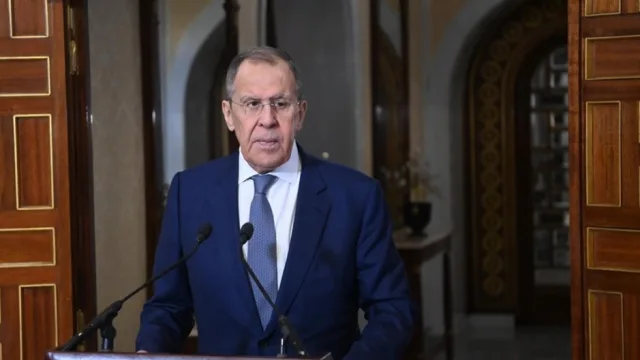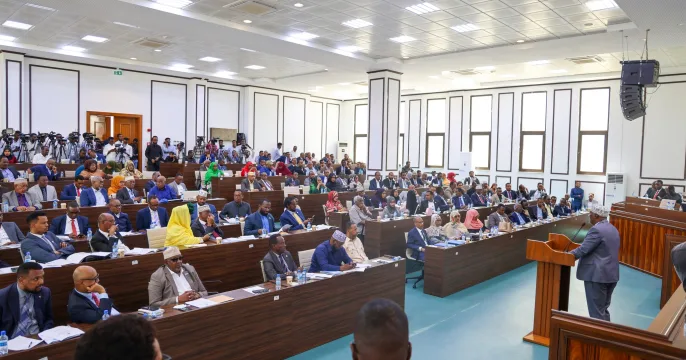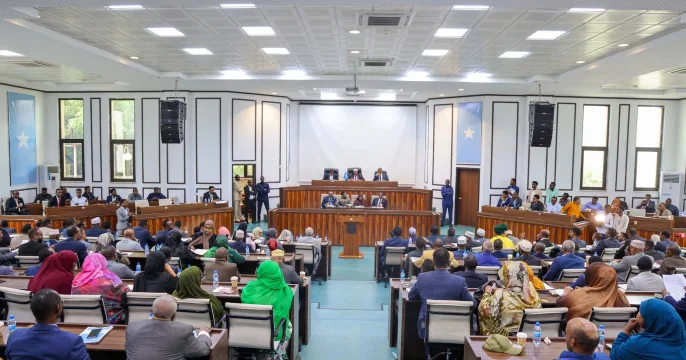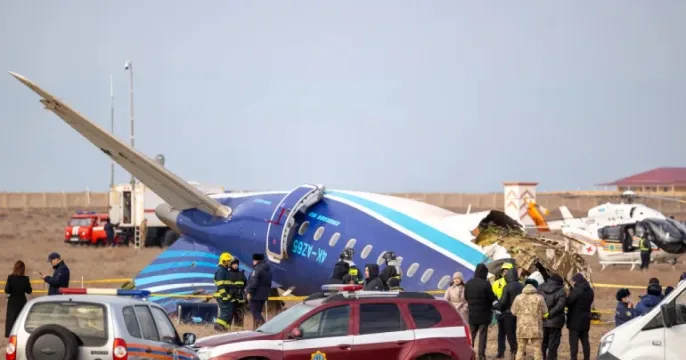Somalia – Mogadishu (HM) Turkish Airlines, Qatar Airways, and Fly Dubai suspended all flights to Mogadishu…
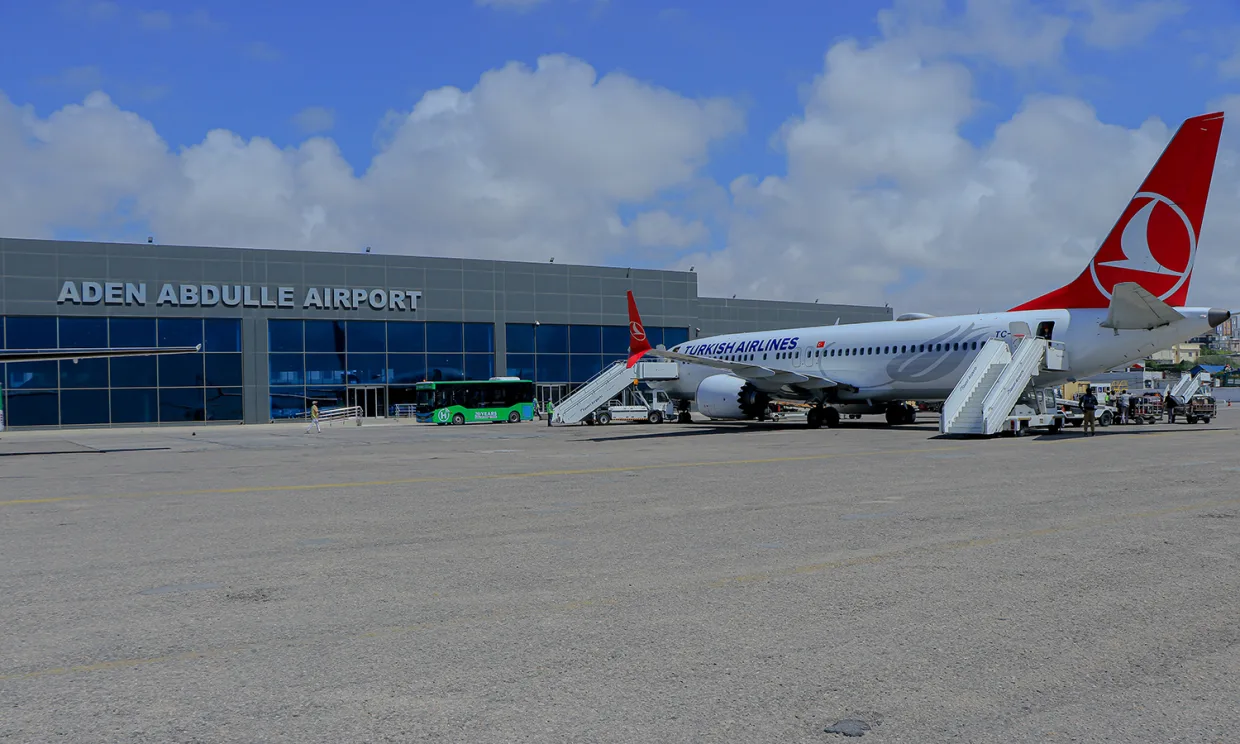
Somalia – Mogadishu (HM) Turkish Airlines, Qatar Airways, and Fly Dubai suspended all flights to Mogadishu on Tuesday after the U.S. Embassy in Nairobi issued a high-level warning about potential al-Shabaab terror attacks at multiple locations in Somalia’s capital, including Aden Adde International Airport.
It remains unclear if the airlines will resume their regular flight schedules to Mogadishu on Wednesday. Turkish Airlines and Fly Dubai operate direct routes to the city, while Qatar Airways turned around a flight from Djibouti mid-journey on Tuesday after receiving the warning.
The Turkish Airlines flight TK647, which typically flies to Mogadishu every morning, was canceled on Tuesday, with no official reason provided but likely due to the serious security threats outlined by U.S. officials. According to the warning, American intelligence indicated possible terror plots involving vehicle-borne explosive devices, mortar attacks, suicide bombers detonating explosive vests, and direct assaults on government-controlled areas by al-Shabaab militants.
The dire U.S. cautions came amid a tense situation in Mogadishu on Monday night, when three mortars struck near the presidential palace, though no casualties were reported. Despite the palpable sense of panic in the capital, the Federal Government of Somalia has not issued any public statement regarding the high-level U.S. terror alert.
The airline cancellations and stepped-up security concerns coincided with the scheduled handover on Tuesday of Mahad Salad, who was recently dismissed as director of Somalia’s National Intelligence and Security Agency (NISA).
The al-Qaeda-affiliated al-Shabaab has carried out scores of deadly attacks in its insurgency aimed at overthrowing Somalia’s government and imposing its strict interpretation of Islamic law. The militant group continues to control large swaths of rural territory in southern and central Somalia.
HORSEEDMEDIA

